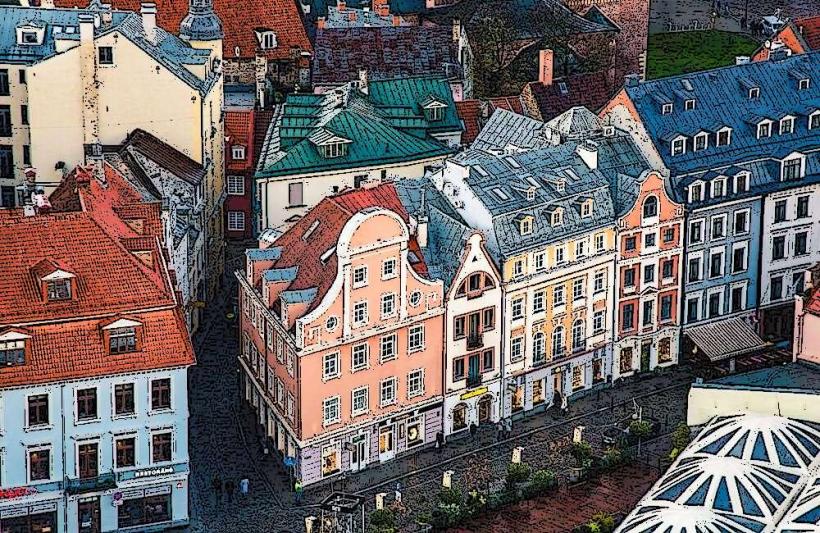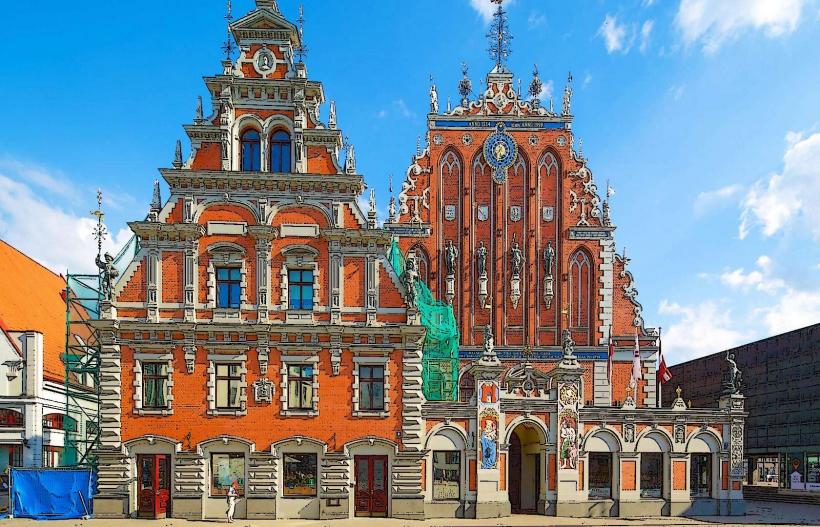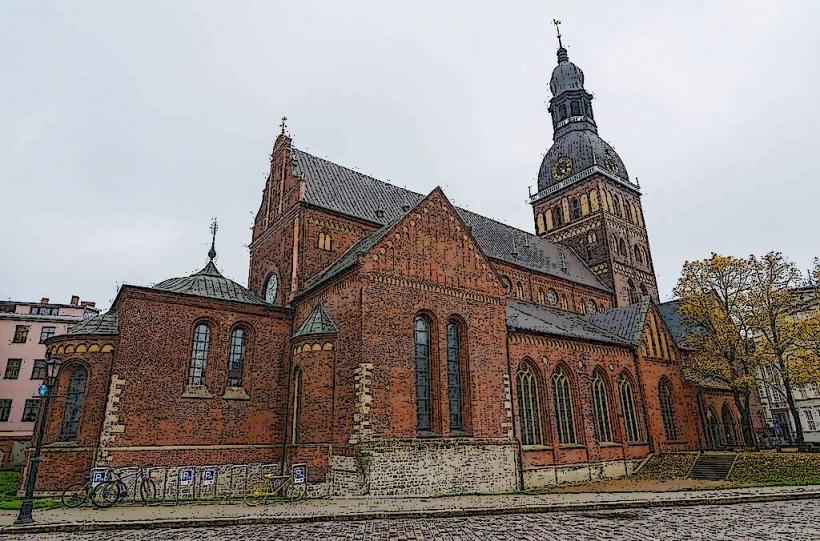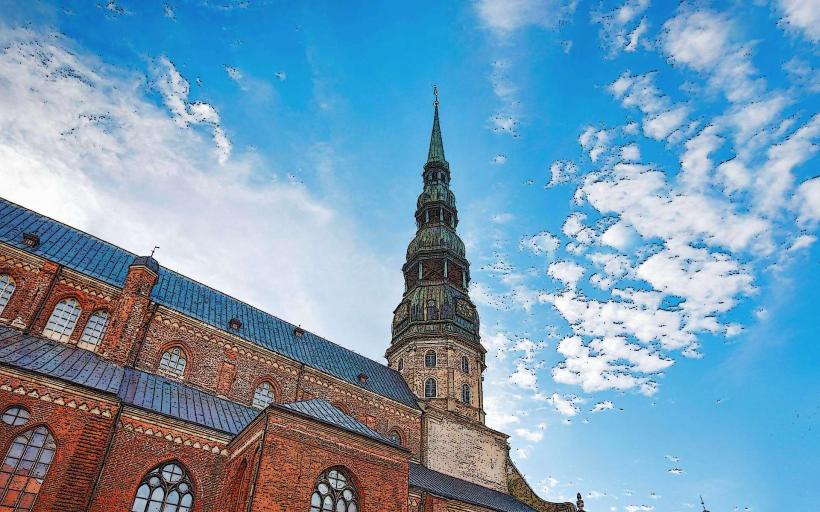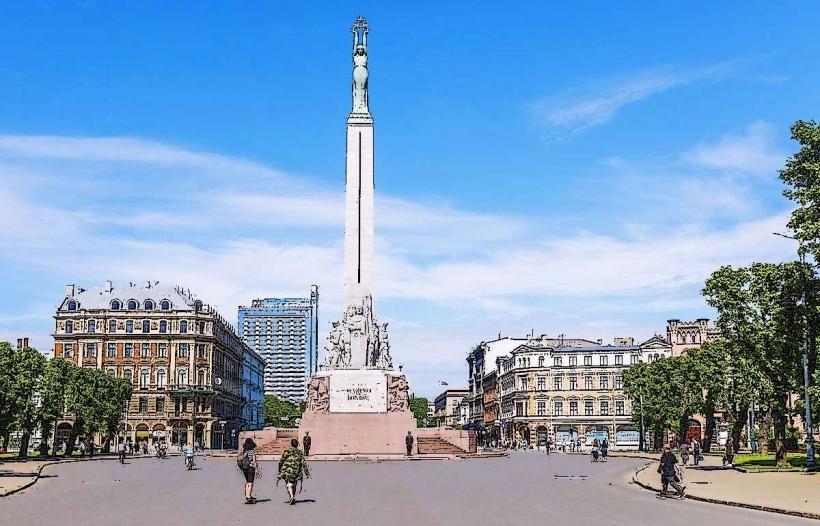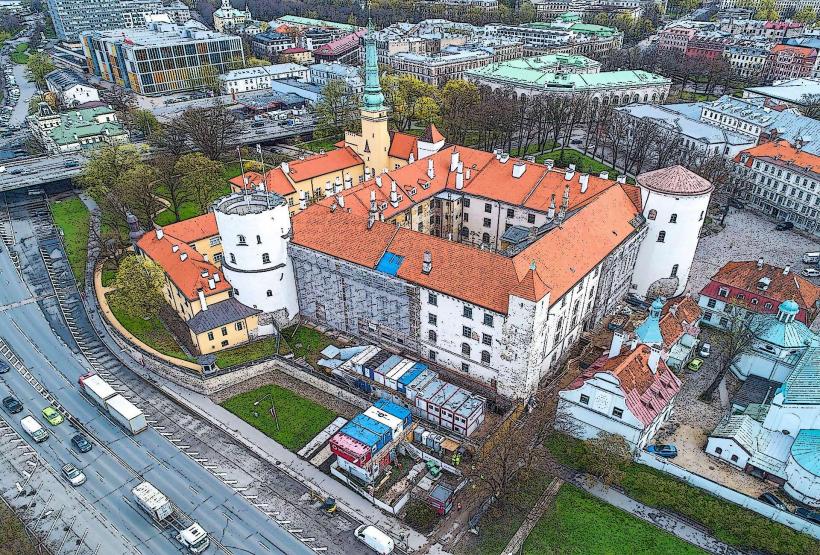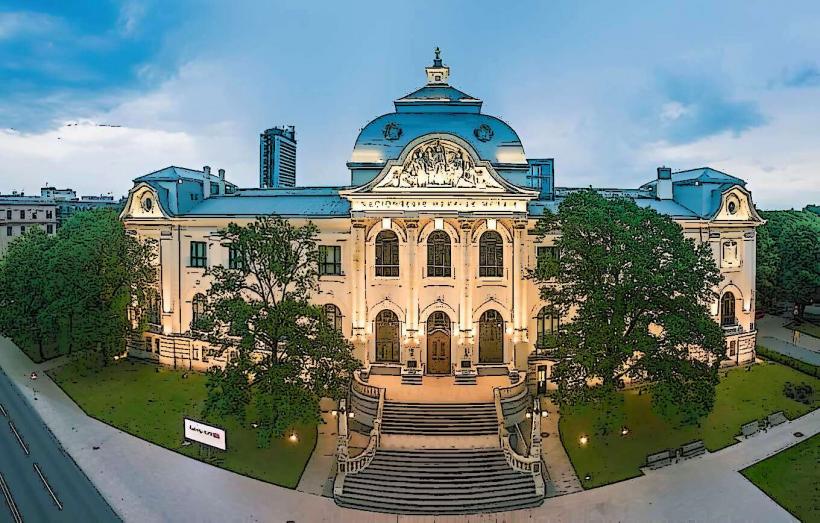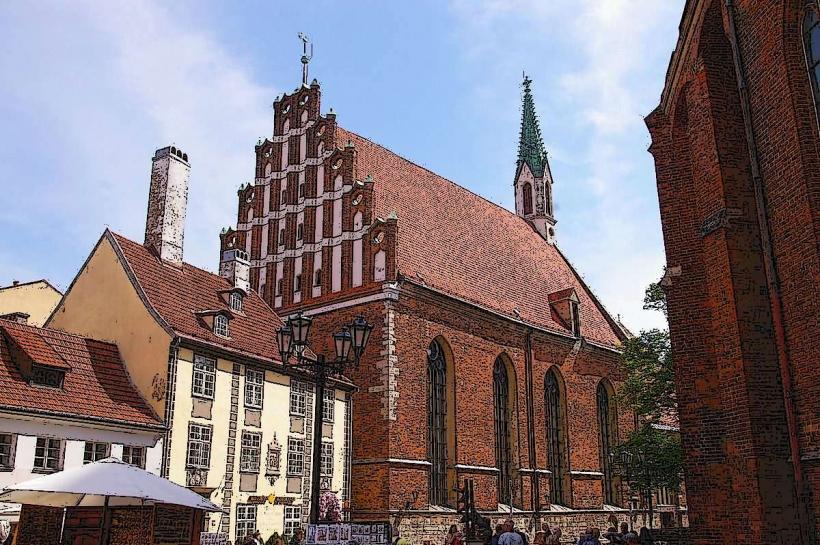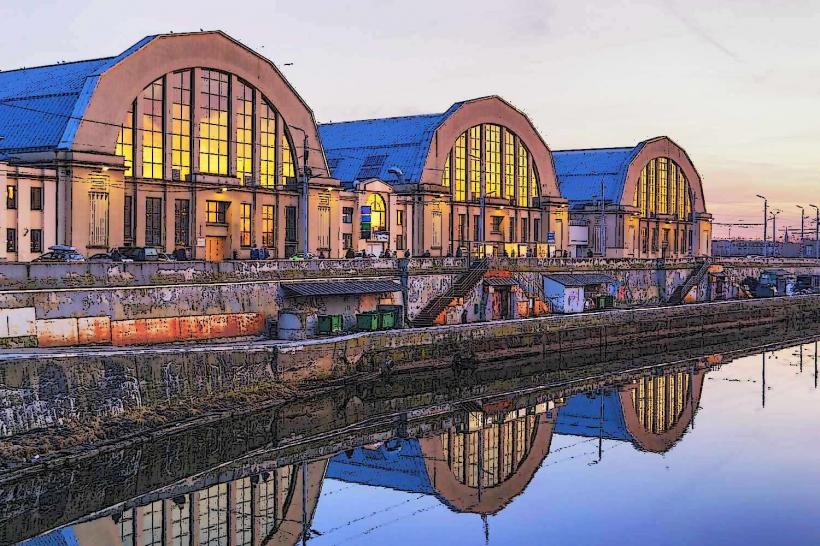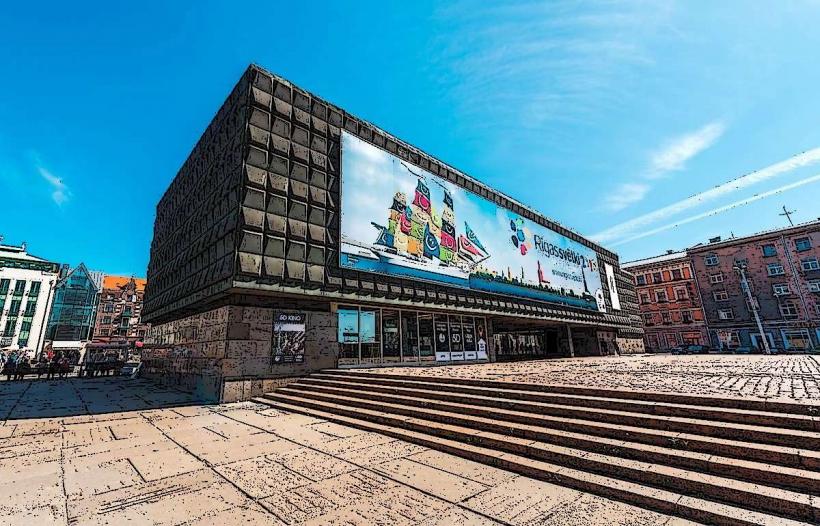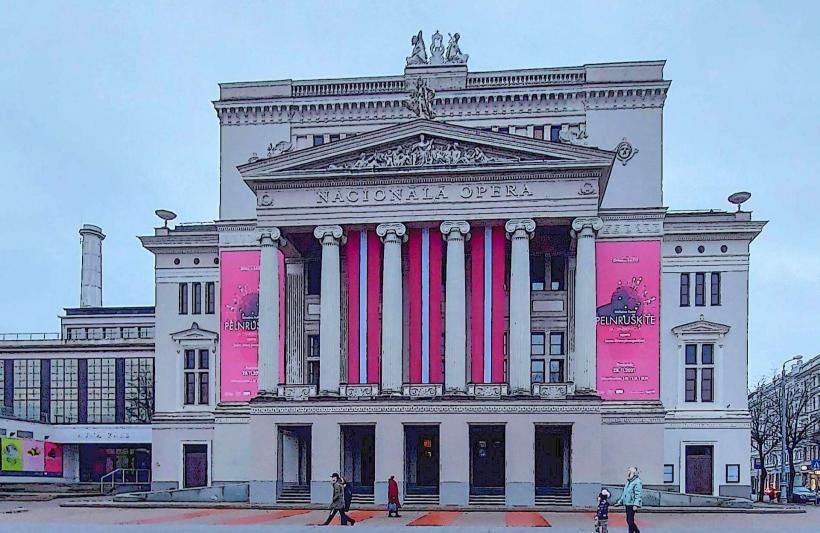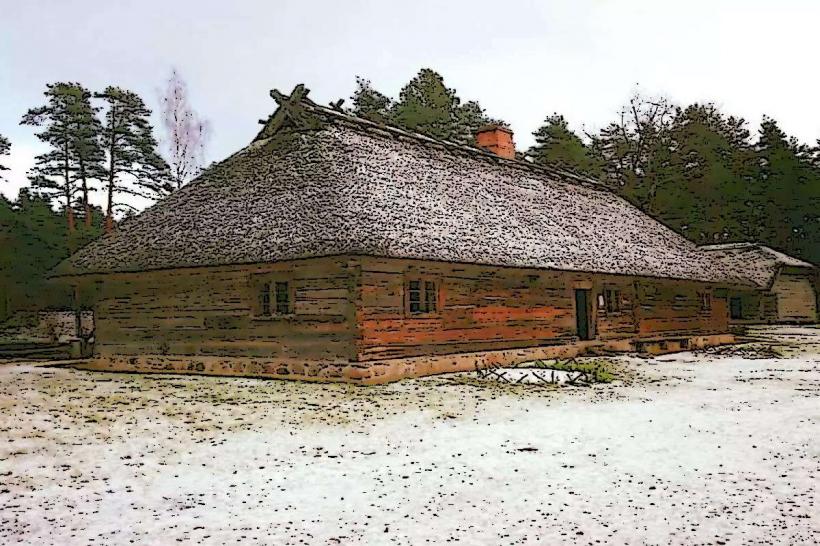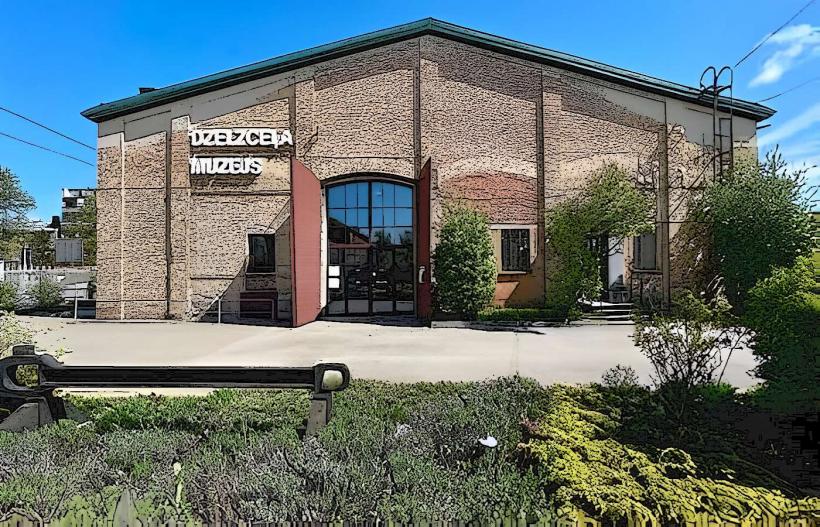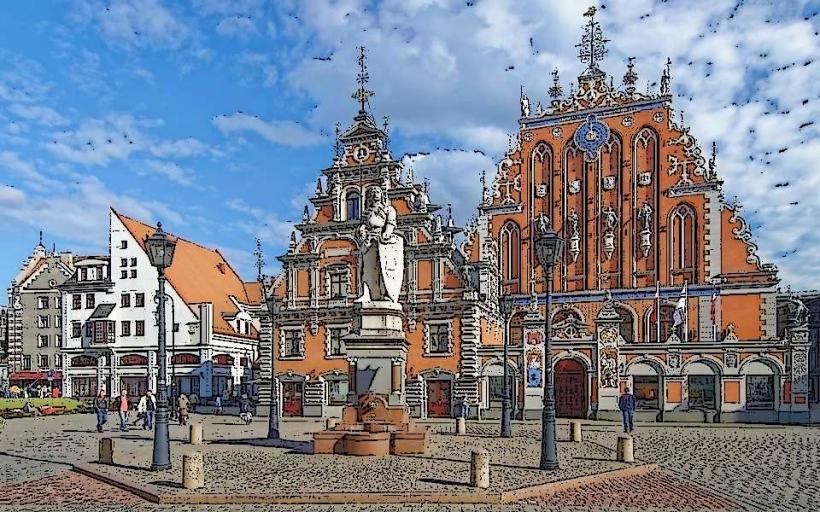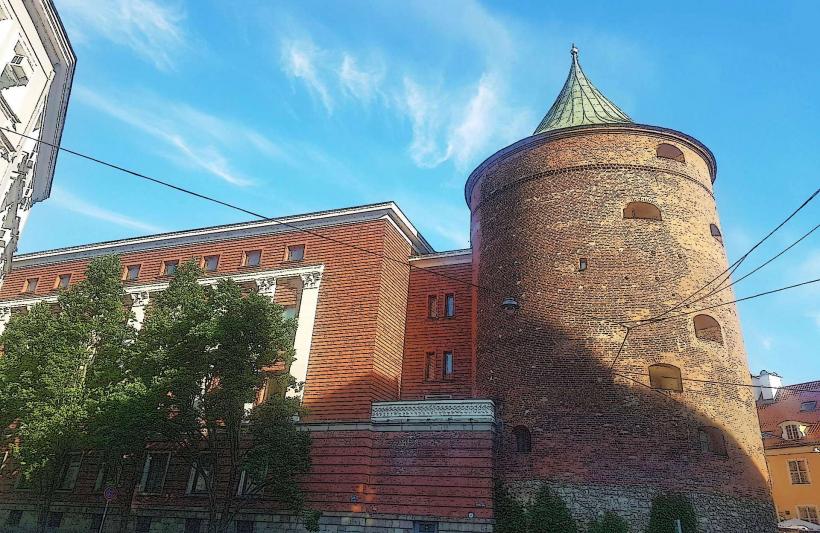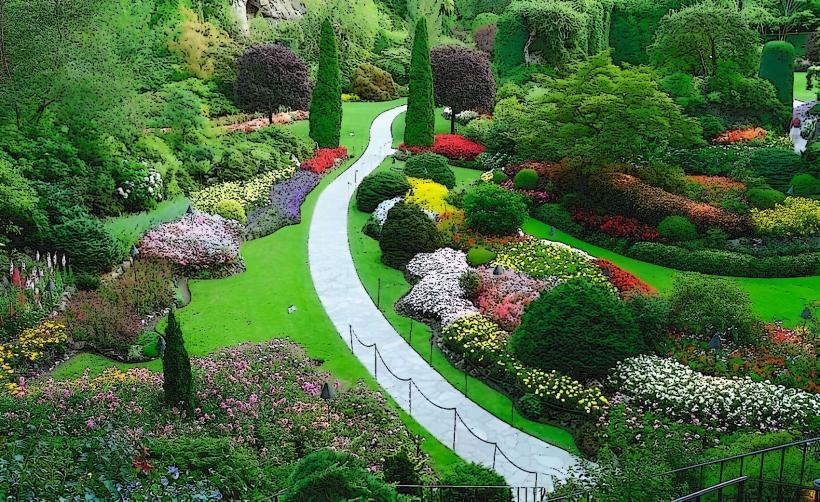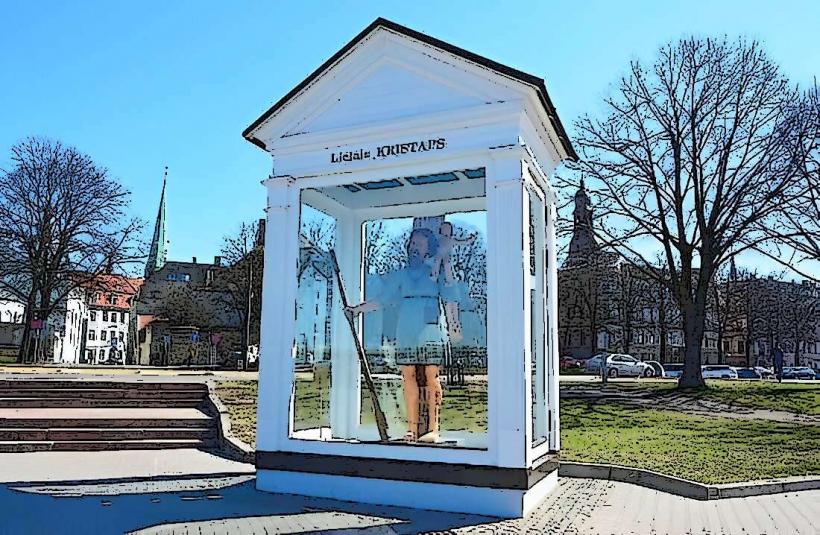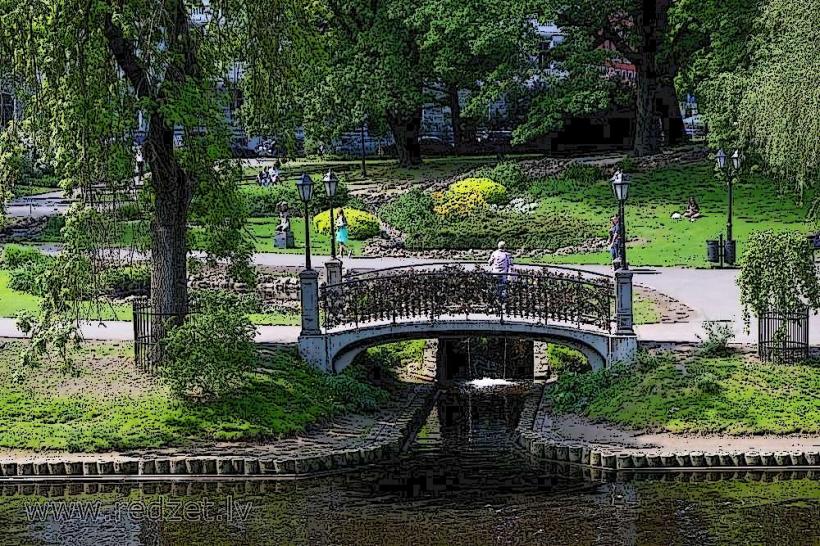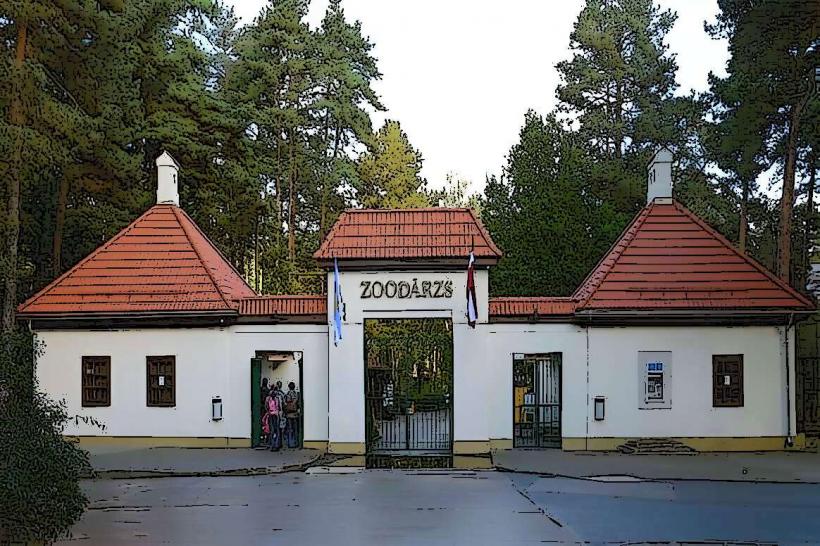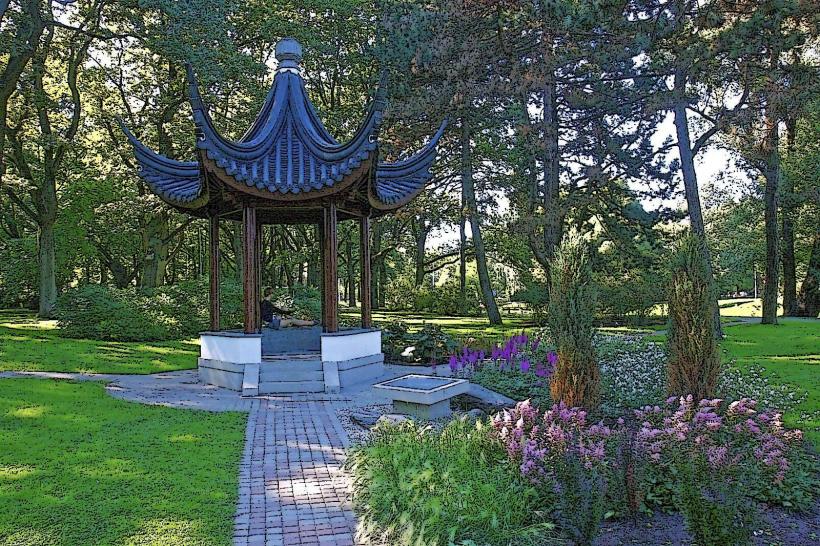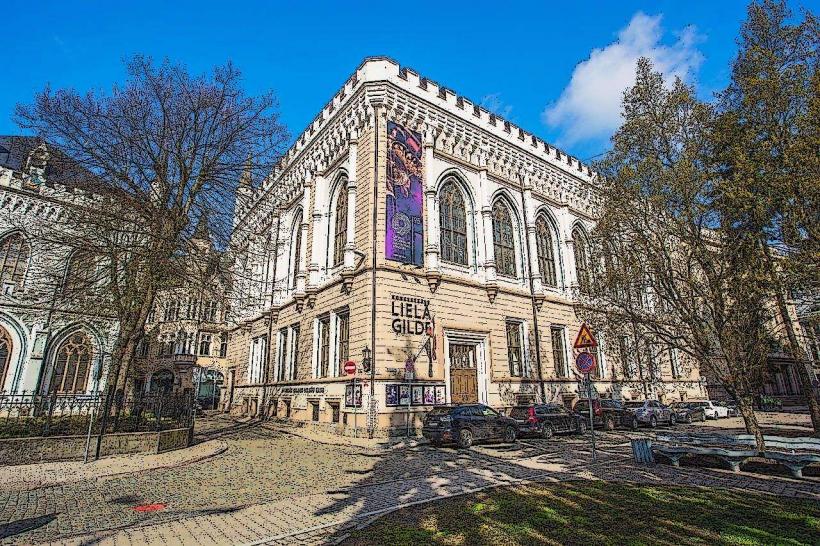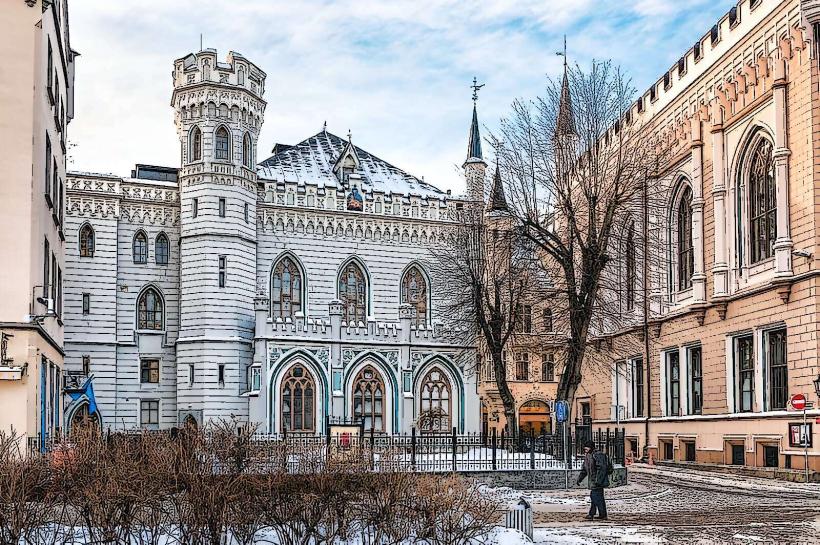Information
Landmark: Albert Street (Art Nouveau)City: Riga
Country: Latvia
Continent: Europe
Albert Street (Art Nouveau), Riga, Latvia, Europe
Albert Street (Alberta iela) in Riga, Latvia, is one of the most iconic streets in the city, renowned for its extraordinary collection of Art Nouveau (Jugendstil) architecture. It is located in the central part of Riga, and the street is home to some of the most stunning examples of the Art Nouveau style in the world. The street is part of the Art Nouveau District in Riga, which has been recognized as a UNESCO World Heritage Site due to its exceptional concentration of Art Nouveau buildings.
1. Historical Background:
A. Development of the Street:
- Albert Street was developed in the early 20th century, during a period of rapid growth and modernization in Riga. This era was marked by industrialization, and as the city expanded, wealthy merchants, professionals, and the upper middle class sought to build elegant residences and offices.
- The street, named after Prince Albert, the consort of Queen Victoria of the United Kingdom, became a fashionable area for the city's elite, who commissioned renowned architects to design grand buildings in the latest styles of the time, including Art Nouveau.
B. Art Nouveau Movement in Riga:
- Riga experienced an architectural boom in the late 19th and early 20th centuries, largely driven by its growing status as a major port city in the Russian Empire. The Art Nouveau style became particularly popular between 1890 and 1910, a period that coincided with the city's rapid urbanization.
- Art Nouveau was a response to the industrial revolution, rejecting the rigid forms of earlier architectural styles and embracing organic forms, ornamentation, and modern materials. In Riga, the style was influenced by local traditions, with many buildings incorporating elements of Latvian folklore, mythology, and nature.
2. Notable Buildings on Albert Street:
A. The Most Famous Art Nouveau Buildings:
The architecture along Albert Street is particularly notable for its elaborate facades and sculptural decoration. Many buildings are adorned with ornate stucco, sculptures, and floral motifs. Some of the most famous buildings include:
- House of Blackheads (No. 6)
- One of the most striking buildings on Albert Street is the House of Blackheads, an excellent example of the fusion of Art Nouveau with historical elements. The building features intricate decorative elements and sculptural details that blend modern design with references to Latvia's past.
- The Elias House (No. 11):
- Designed by architect Mikhail Eisenstein, this building features intricate designs, flowing lines, and organic motifs typical of Art Nouveau, making it one of the standout examples of the style in Riga.
- The Stenders House (No. 5):
- This is another prime example of Art Nouveau architecture on Albert Street, known for its unique decorative elements and ornate designs. The facade features a range of motifs, from animals to geometric shapes, reflecting the versatility of Art Nouveau.
- The Melngalvju House (No. 8):
- Another notable Art Nouveau building, this structure features sculptures and reliefs of human figures, as well as nature-inspired elements like vines and flowers.
B. Key Features of Art Nouveau Architecture:
- Curved, flowing lines: Art Nouveau is characterized by its use of curvilinear forms and natural shapes, such as flowing lines and organic patterns.
- Floral motifs: Many buildings feature intricate floral patterns and natural imagery, including leaves, vines, and flowers, which are integrated into the decorative elements of the facades.
- Sculptural elements: The street is lined with buildings that feature sculptural decorations, including masks, figures, and ornate reliefs that give the street its distinctive, decorative look.
- Elaborate facades: The facades of buildings on Albert Street are incredibly ornate, with windows, doors, and balconies designed with intricate detailing, showcasing the creativity of the period.
3. Notable Architects:
Several renowned Latvian architects were instrumental in designing the Art Nouveau buildings on Albert Street. The most famous of these include:
- Mikhail Eisenstein: Eisenstein was one of the most prominent architects of the era, designing some of the most important Art Nouveau buildings in Riga, including several along Albert Street. His designs incorporated innovative use of materials and a blend of historical styles with modernist elements.
- Vilhelms Neimanis: Another key architect, Neimanis was known for his use of decorative elements, such as floral patterns and sculptural details, as seen in his buildings along Albert Street.
- Eugenijs Laube: A Latvian architect who worked during the Art Nouveau period, his contributions can be seen in several iconic buildings on the street.
4. Art Nouveau District and UNESCO World Heritage Site:
A. UNESCO World Heritage Status:
- Albert Street is part of the Art Nouveau District in Riga, which was included in the UNESCO World Heritage List in 1997. The district boasts one of the highest concentrations of Art Nouveau architecture in the world, and Albert Street is considered one of its central arteries.
- The Art Nouveau District spans several streets, including Alberta iela, Elizabetes iela, and Stabu iela, with over 800 buildings built in the Art Nouveau style. The district is celebrated for its impressive architectural diversity, as it represents one of the best-preserved collections of Art Nouveau architecture in Europe.
B. Walking Tour and Popularity:
- Albert Street is a major tourist attraction and one of the most photographed streets in Riga. Visitors to the city often take walking tours of the Art Nouveau District, learning about the history and design of these remarkable buildings.
- Several museums in Riga, including the Art Nouveau Museum (housed in a restored Art Nouveau building), offer deeper insights into the architectural style and the cultural context of the period.
5. Modern-Day Albert Street:
- Today, Albert Street remains one of the most beautiful and vibrant parts of Riga, blending the grandeur of the early 20th-century Art Nouveau buildings with modern shops, restaurants, and cafes. The street’s timeless charm makes it an important cultural and architectural landmark.
- The area attracts not only tourists but also local residents who enjoy the beauty and history of this unique urban space. The street serves as a popular commercial area, with boutique shops, galleries, and eateries, allowing visitors to appreciate both its historical and modern aspects.
6. Conclusion:
Albert Street (Alberta iela) is a must-visit destination for anyone interested in Art Nouveau architecture, offering a stunning display of ornate facades, sculptural elements, and natural motifs. As part of the UNESCO-recognized Art Nouveau District, it serves as a remarkable testament to Riga's cultural and architectural heritage. Whether you're a history enthusiast, an architecture lover, or simply someone seeking to explore the charm of Riga, Albert Street offers an unforgettable experience that captures the elegance of the Art Nouveau movement.

